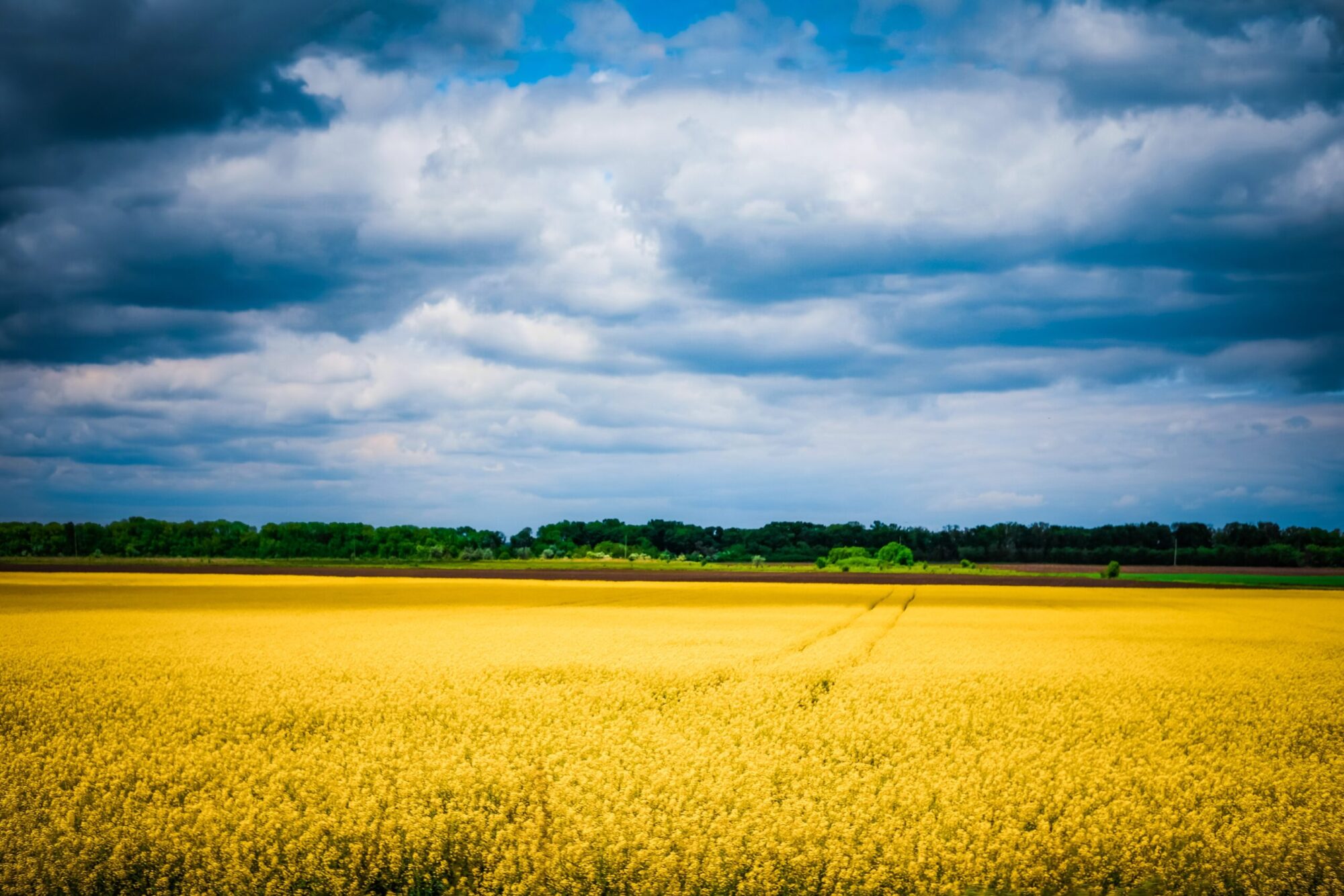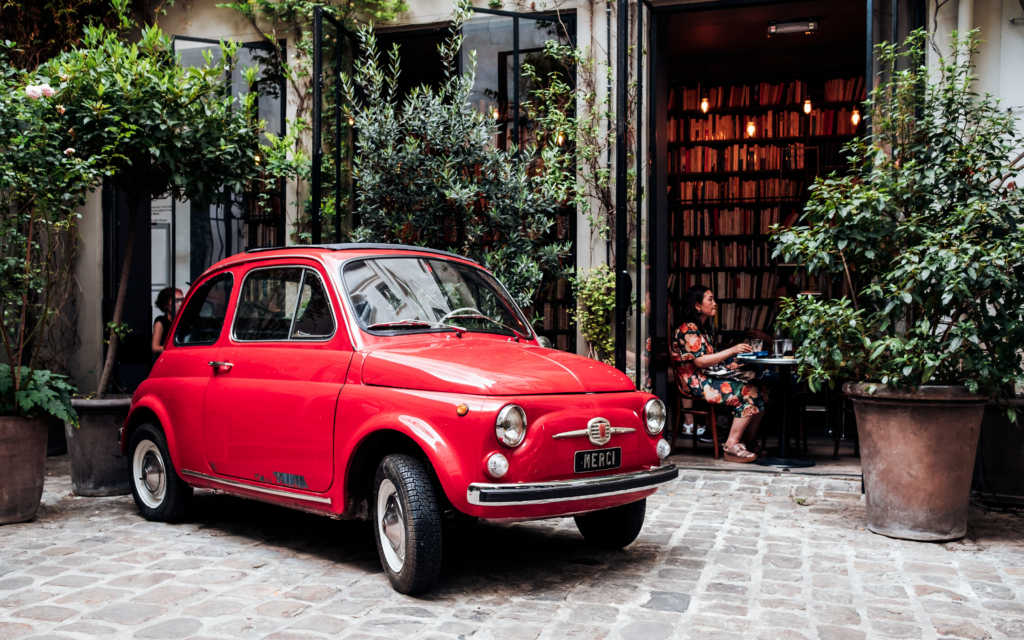
Are people born evil, live evil lives and finally die evil, what we sometimes call nature? Do they become evil due to their circumstances, what we sometimes call nurture? Or is the survival instinct, the key assumption for evolutionary theory for all life, the source of all evil for human beings (since even the science worshippers don’t believe that animals have the (what’s the word) capacity for or responsibility of discerning good and evil)?
If all that matters is survival at all costs, wouldn’t all humans be motivated to be as evil as possible? Wouldn’t civilization effectively end up as a race to the bottom? Why sacrifice one’s life for anything? Why temper one’s desire to extend one’s life at any cost?
What if, instead of survival of the fittest, our souls magnify the Lord, not ourselves. This is Mary’s Song, The Magnificat, the Ode of the Theotokos. It is a reversal of the world order.
“46 And Mary said:
My soul glorifies the Lord
47 and my spirit rejoices in God my Savior,
48 for he has been mindful
of the humble state of his servant.
From now on all generations will call me blessed,
49 for the Mighty One has done great things for me—holy is his name.
50 His mercy extends to those who fear him,
from generation to generation.
He has performed mighty deeds with his arm;
he has scattered those who are proud in their inmost thoughts.
52 He has brought down rulers from their thrones
but has lifted up the humble.
53 He has filled the hungry with good things
but has sent the rich away empty.
54 He has helped his servant Israel,
remembering to be merciful
55 to Abraham and his descendants forever,
just as he promised our ancestors.
56 Mary stayed with Elizabeth for about three months and then returned home.” (Luke 1:46-56)
In God’s order, we are to be stewards of the life he created, of all life on the planet. In his order, humans do reign supreme, but with great power, God also gave us great responsibility. In addition to the story of God’s creation in Genesis, the story of Noah’s Ark also reflects the importance of the animals that share our planet to our own survival. They were not abandoned. They were preserved with human life. They are part of God’s initial creation, and the story reflects their value to their creator. As we do, all life belongs to God.
According to the theory of evolution, human beings evolved from the same magically appearing spark of life into the superior creatures we presumably are now. By our superior reason, we are dominant because our genes are simply better than other animals, since we are considered the most evolved animal. The evolutionary order imposes no responsibility on humans to other life. In fact, if we can live on the planet without other life, all the better, more space and resources for us, the superior animal.
However, we cannot do so, something about food chains and such. Science can be so convenient (evolutionary theory) and yet so inconvenient (the real world created by God). More importantly, this is not God’s order, and it is a violation of his mandate. We are failing our planet and all of its life. In God’s order, human beings are not the only creatures with rights. In addition to violating human rights, violating animal rights, such as using them in immoral experiments to serve humans, even to extend their lives, is also evil.
What great irony it is to be a vegan and an atheist. The science they believe in so deeply in is the same science that tortures animals to extend human life, survival of the fittest at all costs after all. In other words, we can use any animal however we want to extend our lives because survival of the human species, the superior species, is all that matters. Survival of the fittest is the process by which we attained our superior position as king of the animals, and we keep it by ruthless self-preservation.
Mary tells us that the Lord will reverse the order. God’s order is the opposite of our worldly order. This is also Jesus’s message in the Sermon on the Mount, one of the most famous passages in the Bible.
“5 Now when Jesus saw the crowds, he went up on a mountainside and sat down. His disciples came to him, 2 and he began to teach them.
The Beatitudes
He said:
3 “Blessed are the poor in spirit,
for theirs is the kingdom of heaven.
4 Blessed are those who mourn,
for they will be comforted.
5 Blessed are the meek,
for they will inherit the earth.
6 Blessed are those who hunger and thirst for righteousness,
for they will be filled.
7 Blessed are the merciful,
for they will be shown mercy.
8 Blessed are the pure in heart,
for they will see God.
9 Blessed are the peacemakers,
for they will be called children of God.
10 Blessed are those who are persecuted because of righteousness,
for theirs is the kingdom of heaven.
11 “Blessed are you when people insult you, persecute you and falsely say all kinds of evil against you because of me. 12 Rejoice and be glad, because great is your reward in heaven, for in the same way they persecuted the prophets who were before you.” (Matthew 5-7)
It is a warning to all. Do not get too attached to worldly things, such as power, money, and prestige, or even to life itself. If you do, in the end, under God’s law, which is the only one that truly matters, you will find yourselves on the losing side of the order. The reversal will be redemption for the poor in spirit, for those who mourn, for the meek, for the righteous, for the merciful, for the pure in heart, for the peacemakers, for those persecuted because of righteousness, and like Noah’s Ark, for the rest of God’s creatures, for he does not abandon us or them.


